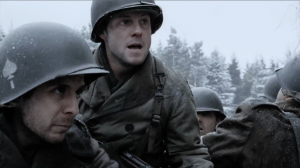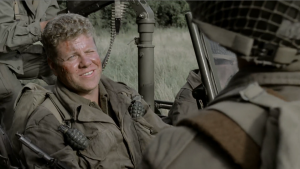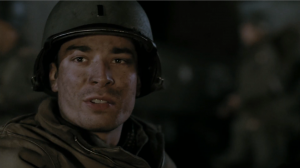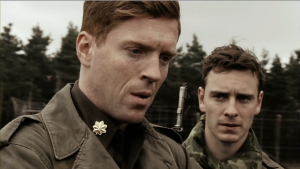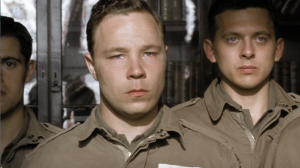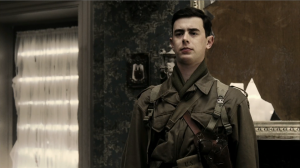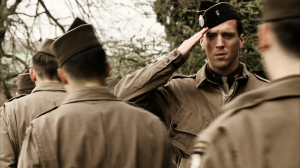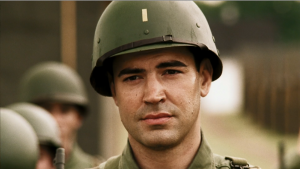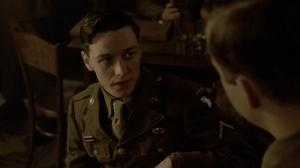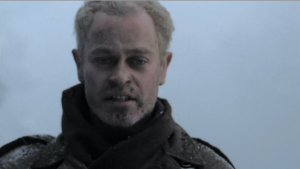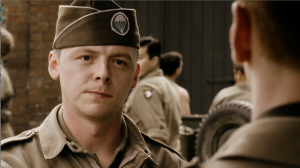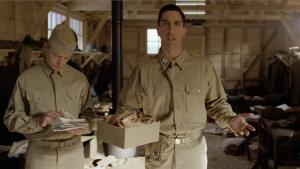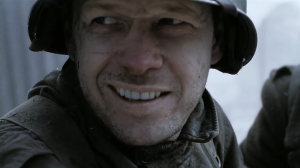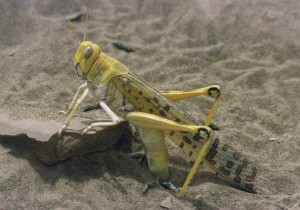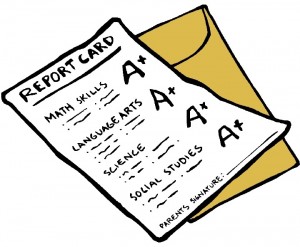A couple months ago my great uncle Eddie passed away. He was one of six brothers, among which was my material grandfather. I probably had fewer than 10 occasions to talk with Eddie. But he had a special humor to him that everyone loved. People really gravitated to him. And I loved to be near him at family gatherings as he was sure to make me laugh.
Like all six of his brothers, he served in World War II. They each contributed in different ways and many were involved in heroic and hair-raising action. Every few years I try my hand at Google to see if I can find stories about them. And after Eddie’s death I found one about him, which came with a photograph.
Below is the story that I found on Facebook. I’m preserving it here with the photo for myself, my friends, my family, and posterity.
Interview with: (Col Edward F. Fleming).Capt Edward Fleming, 84th FS, 78th FG and several other P-47s were chasing enemy fighters at low altitude over Charters, France. Suddenly flack blew a hole in his right wing. The rudder was damaged and under a lot of pressure, he lost the ability to Bank and turn the aircraft quickly.Fleming looked up and found himself headed right at Chartres Cathedral!“I missed the steeple by no more than a foot and a half!” he said.He was headed in the wrong direction and used all of his strength to turn the P-47 around to fly over the channel back to Duxford with two 84th FS P-47s escorting him back.Later, looking at the damage, his assistant crew chief said, “I can’t figure out how you got back at all!”Fleming remembered, “The hole was so big you could stand up under the wing, fit into the hole and look out over the top!”
He was convinced he was going to crash into the Chartres Cathedral and kept thinking…“If I demolish a church will they ever let me into heaven?”


